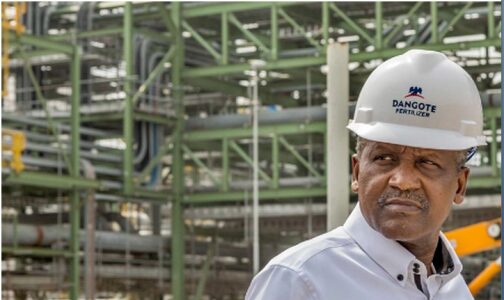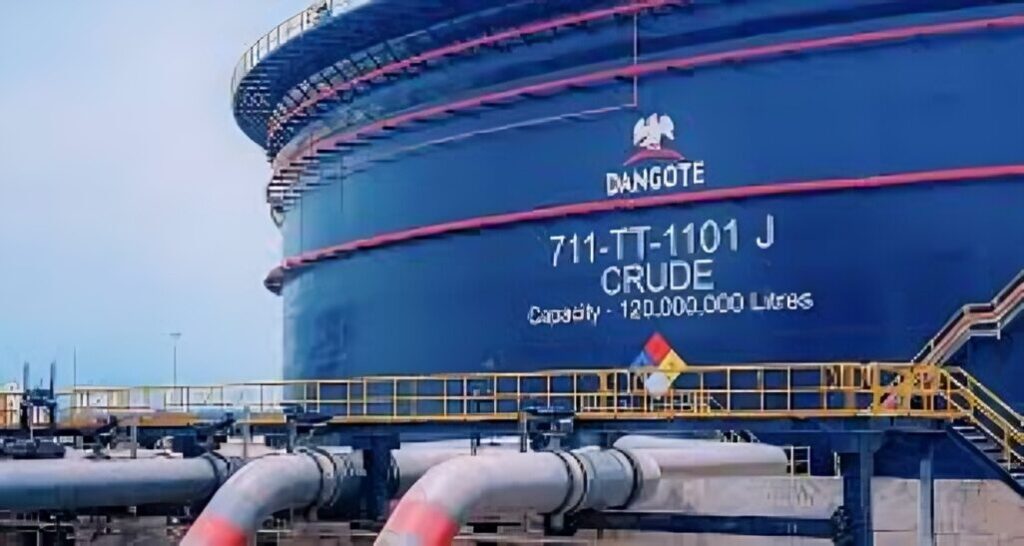
The Independent Petroleum Marketers Association of Nigeria (IPMAN) has disclosed its projections regarding the pricing of new petrol products from Dangote Refinery.
Chinedu Ukadike, the National Public Relations Officer of IPMAN, provided clarification that the association’s statement regarding marketers potentially steering clear of Dangote Refinery products was not meant to be perceived as a threat but instead as a formal request.
Their analysis indicates that Dangote Refinery is anticipated to offer its gasoline products at competitive prices due to its status as a domestic refinery.
During an interview with Arise TV on Tuesday, Ukadike stated that the Nigeria National Petroleum Company Limited (NNPCL) maintains a low petrol price by providing marketers with a discounted rate.
He articulated that, as an indigenous refinery, Dangote Refinery ought to maintain pricing below that of NNPCL for marketers.
“It does not constitute a threat.” Our desire is evident; it should not be perceived as a threat. Given that Dangote is a domestic refinery, we anticipate that its pricing will mirror that of NNPC. It is reasonable to expect alignment in pricing strategies between the two entities.
This perception of price disparity results in prolonged queues at filling stations, which raises concerns regarding business ethics. Ukadike noted that while Dangote possesses the authority to determine its pricing and production methods, the primary focus remains on identifying cost-effective sources for the product. He emphasised the importance of the Port Harcourt refinery becoming operational, as this would provide independent marketers with diverse options for sourcing their products.
The IPMAN spokesperson emphasized that the locations of the products’ sources have an impact on price variations among filling stations run by independent marketers.

“NNPCL is currently priced at ₦895, originating from Port Harcourt. It is important to note that prices vary depending on the terminal, specifically the depot from which the product is sourced.” The cost varies significantly based on the pickup location. For instance, selecting from Lagos is considerably more economical. Conversely, if the pickup is from Warri, there are distinct limits to consider. Additionally, for those choosing Port Harcourt, the rate is set at ₦895. Therefore, the final price is contingent upon the chosen pickup point.
We have conducted a thorough analysis and are satisfied with the proposed price. Additionally, we have recalibrated our pricing structure to account for transportation logistics from the depot to our destinations, while also factoring in our managerial expenses and haulage cost of funds to establish our pricing strategy.’
“The advantage of this deregulation process is that all marketers can establish their pricing based on their procurement sources and the conditions involved in transporting the products to their filling stations, effectively allowing them to set an export price,” he added.
Ukadike articulated that the marketers anticipate a completely deregulated sector that would foster competition. He observed that competitive dynamics would lead to demand and supply influencing the pricing of petrol within the country.
“Our primary objective is to acquire this product at the lowest possible cost while simultaneously fostering competitive dynamics in the market.” “Once competition is established, the dynamics of demand and supply will dictate the pricing,” Ukadike stated.